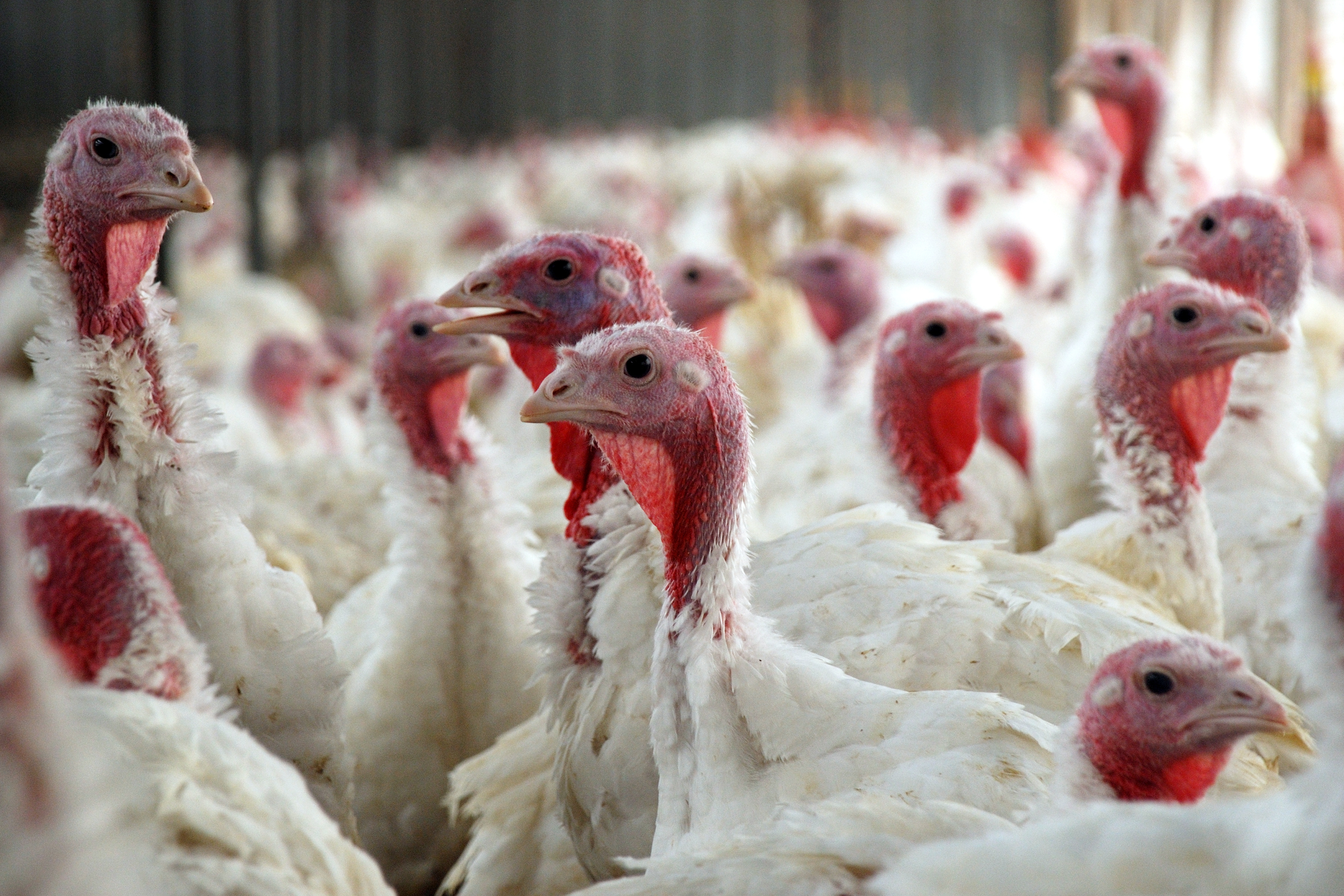



Bird flu hits goose and turkey farms in Poland and Hungary
Reports are emerging of bird flu outbreaks (H5N8 and sub-type) in Europe, with thousands of birds being culled to prevent further spread.A new outbreak of bird flu was reported in Poland on Monday (13 January), with around 6,000 geese now set to be exterminated, a regional spokesman confirmed to Reuters, adding to about half a dozen cases already detected across the country since December.
"Six thousand geese at the farm (are) set for extermination, the state veterinary inspectorate has already taken steps," Tomasz Stube, the spokesman for the Wielkopolska region told Reuters.

The strain of the virus was a sub-type of the highly pathogenic H5N8 bird flu, Polish state news agency PAP reported, which can also pose a threat to human health.
Last month's outbreak in Poland, Europe's largest poultry producer, was preceded by an outbreak in 2017.
The H5N8 strain of bird flu has also been found at a large turkey farm in northwestern Hungary, the National Food Chain Safety Authority (NEBIH) said on Monday.
Slovakia, Hungary's northern European Union neighbour, reported its first outbreak of the same highly pathogenic strain of the virus in nearly three years in backyard poultry farms in the western part of the country on Friday.
Hungary's NEBIH said the full turkey stock at the farm, more than 50,000 birds, would have to be culled and other precautionary measures implemented to contain the spread of the infection. It said the farm would receive state compensation.
The authority said the strand of the virus was very similar to the one Hungary tackled during a previous outbreak in 2016. It said poultry products in Hungary were safe to consume.
Hungary will also implement transport restrictions to contain the virus, the authority said, adding that the H5N8 strain had so far caused no human infections in Europe.









